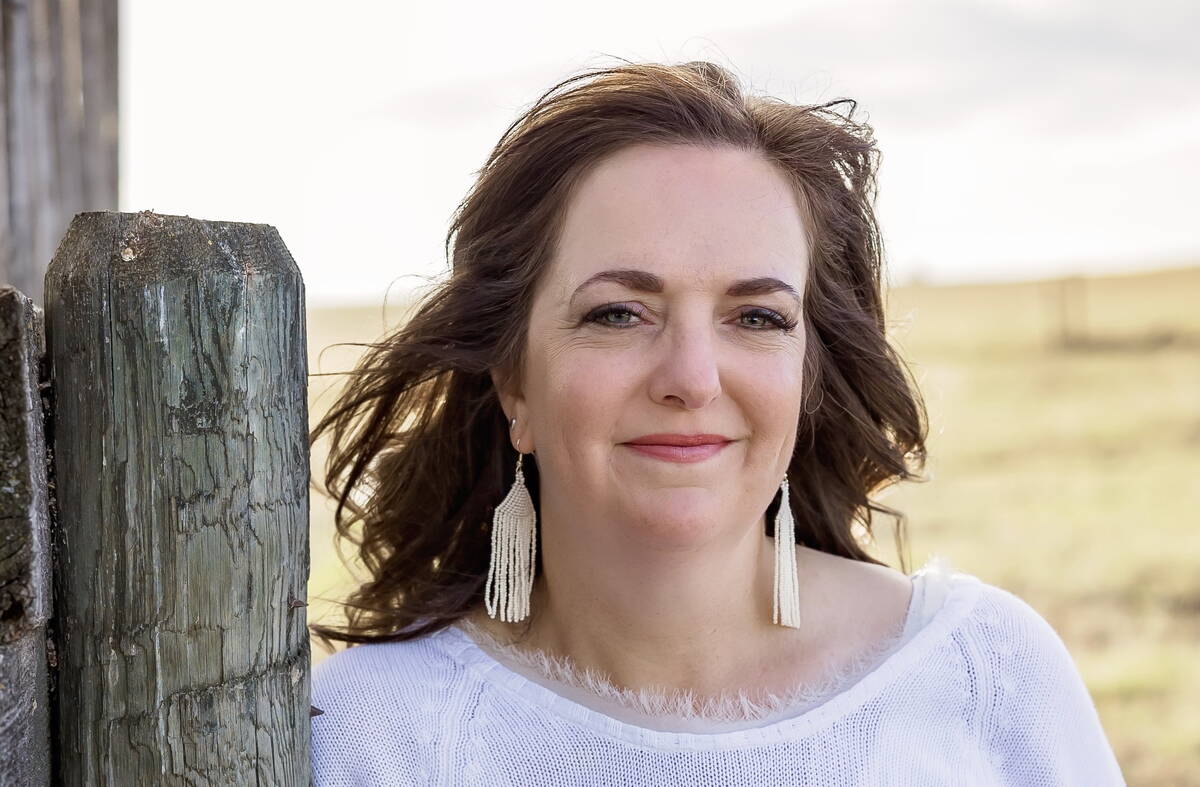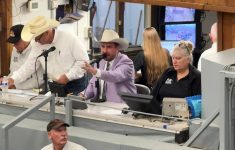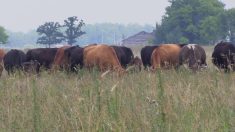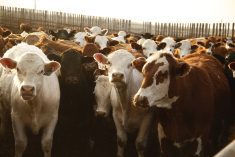A new program has been launched to increase payments to producers under the Canadian Roundtable for Sustainable Beef (CRSB) framework.
Andrea White, director of marketing and stakeholder relations for the CRSB, gave a sneak peak of the program at the Feb. 3 Manitoba Beef Producers annual meeting. The official rollout was Feb. 10.
“Cargill and the CRSB have been working together on how to further recognize producers that have taken the time and made the investment to be certified,” said White.
Read Also

Canadian Cattle Association names Brocklebank CEO
Andrea Brocklebank will take over as chief executive officer of the Canadian Cattle Association effective March 1.
“We recognize that the market-based incentive that is intended to go back to the producers is not always reaching every level.”
To become CRSB certified, an operation must be audited by one of three recognized auditing bodies: Verified Beef Production Plus (VBP+), Where Food Comes From Canada, and the Ontario Corn Fed Beef Quality Assurance Program.
The auditing process checks animal welfare, food safety and natural resource management, among other things. Once an operation is certified, it will receive a premium for cattle sold into the system.
However, certification doesn’t guarantee that premium. If an animal is sold to a processor that is not part of the network, the producer doesn’t get paid.
The Cargill-funded pilot project is intended to address that shortcoming and fill the gap for Canadian producers who have made the investment to become CRSB Certified but have not received at least $400 for qualifying cattle processed in 2022.
“Think of it as a top-up,” said White. “If you haven’t received up to that amount, this recognition credit would top it up to a maximum of $400.”
This incremental payment will ensure all CRSB certified operations who maintained their certified status through 2022 and into 2023 will receive a minimum $400 in total annual credit payments relative to Cargill’s 2022 implementation of the CRSB Certified Sustainable Beef Framework.
The credit will only apply to operations that have not already received at least $400 for qualifying cattle credits. The credit will be paid to CRSB certified operations regardless of whether their cattle were sold to Cargill.
“With this funding, we want to recognize the commitment of Canadian producers in ensuring the viability of this program and making Canadian beef even more sustainable,” said Jeffrey Fitzpatrick, Cargill’s sustainability program lead.
“Only by supporting programs like the CRSB Certified Sustainable Beef Framework will we be able to more accurately create and sustain the highest standard of sustainability practices across the Canadian beef supply chain.”
Carson Callum, general manager of the Manitoba Beef Producers, said this is an important step in acknowledging the important role producers play in the process.
He said audit costs recently increased when VBP+ went national a few years ago, “so effectively, a cow-calf producer had to invest more to be audited, but just was not seeing that return on that investment for being in the program.
“The reality is, with the VBP program in particular, we just haven’t seen that return on investment at the farm gate for producers, in particular for the cow-calf producers here in Manitoba.”
However, Callum said the program is important and healthy for the industry and he hopes this pilot project shifts perceptions.
“We thank Cargill and all those involved that allowed this to help get that involvement up because we know the demand is there on the consumer end,” he said.
“The demand is fairly substantial. Whether it’s enough remains to be seen. I think the hope would be that if it helps cover these audit costs, producers would feel that they’re supported in being involved in this good news story.”
Qualifying operations do not need to apply separately for this credit and can expect their payment in March. As long as the operation maintains an active certification status at the start of 2023, it is eligible to receive the money net of any Cargill qualifying cattle credits.
















